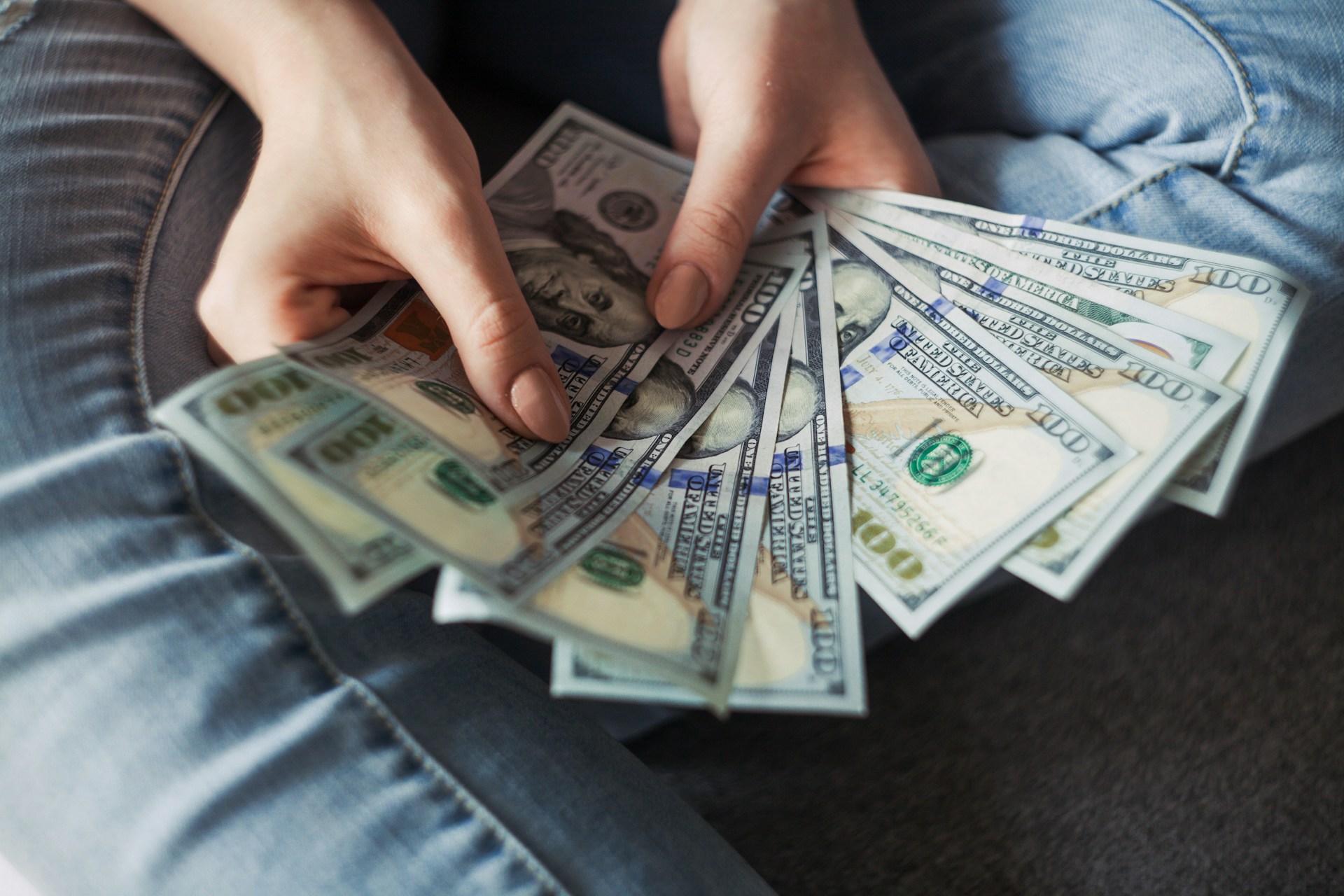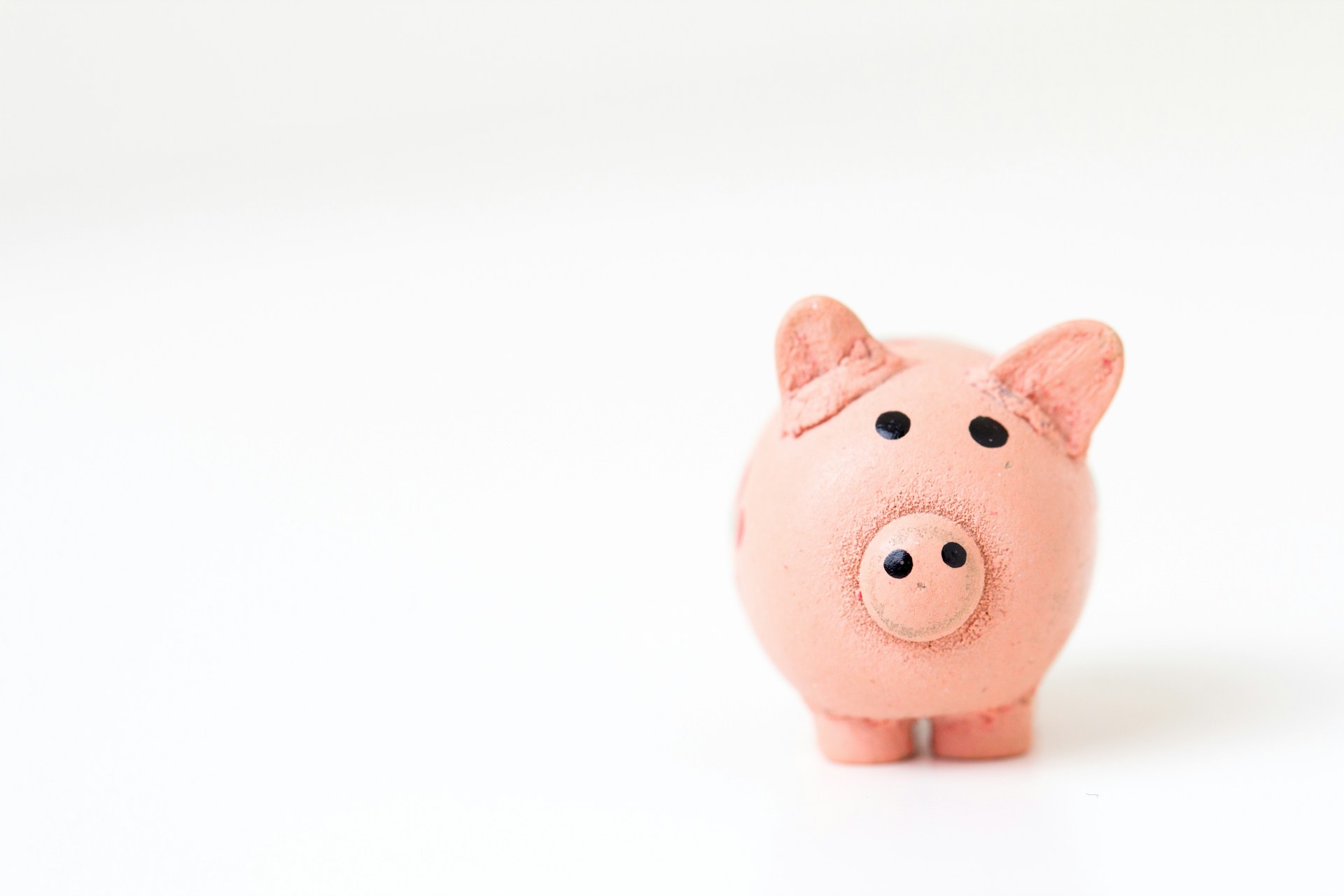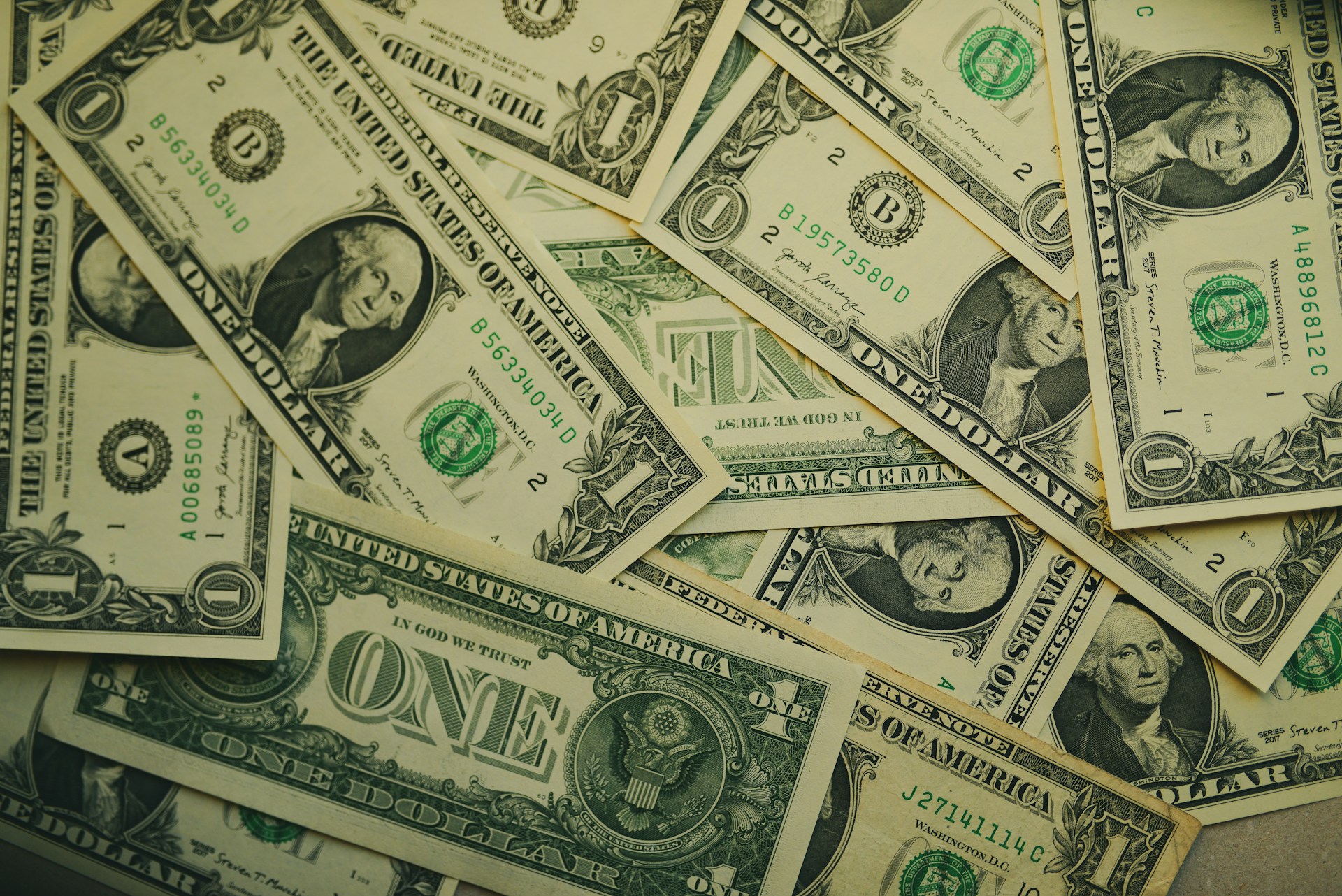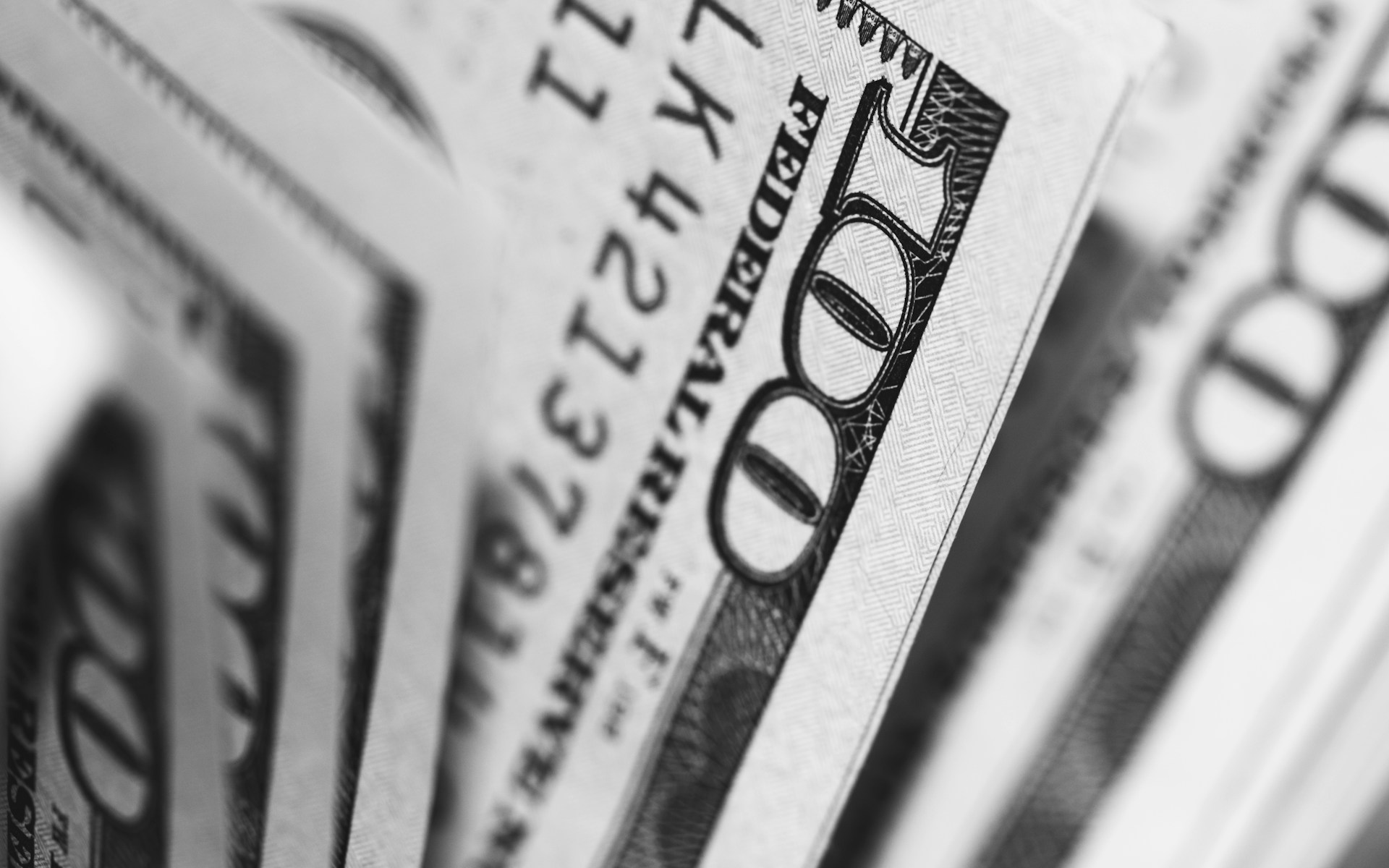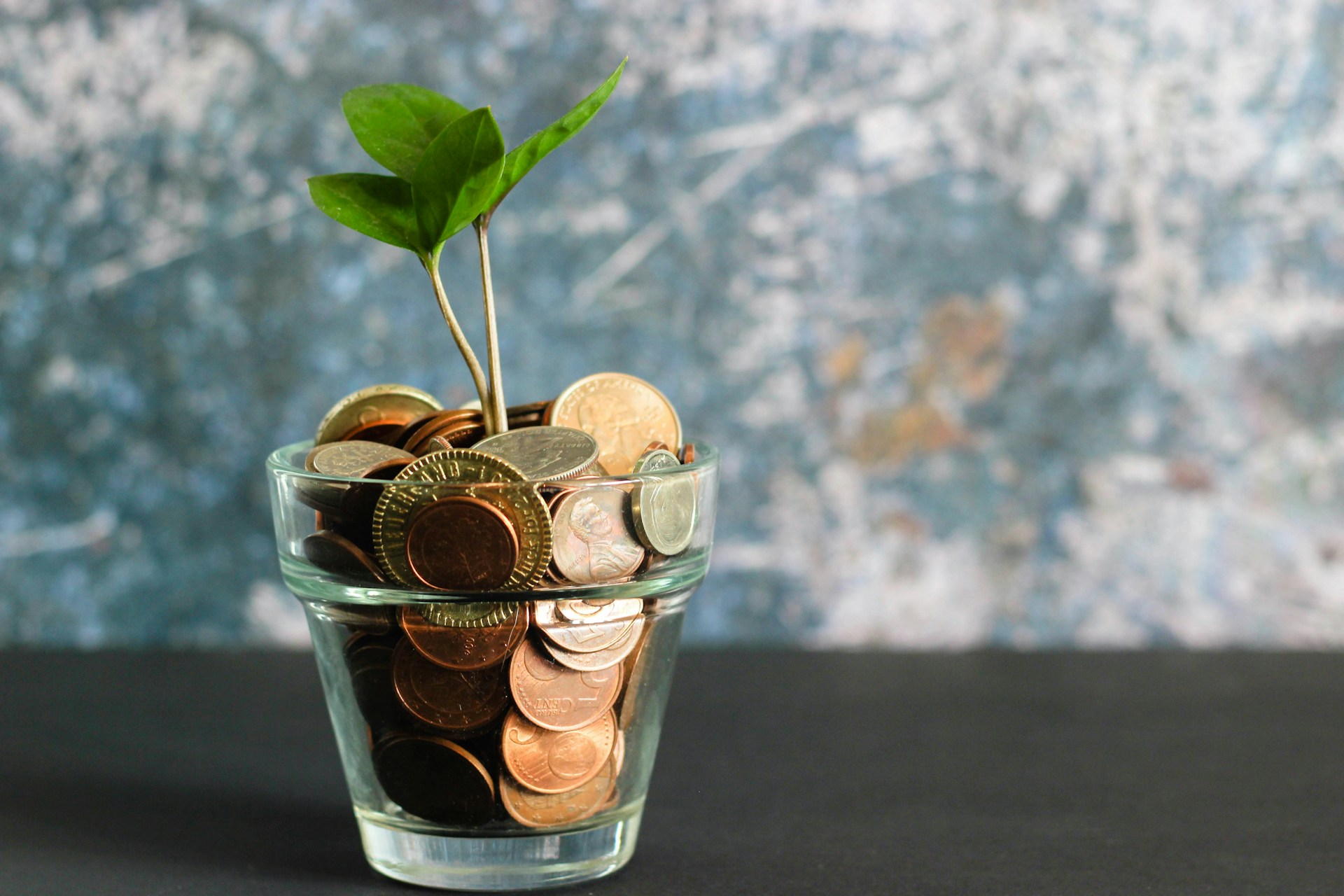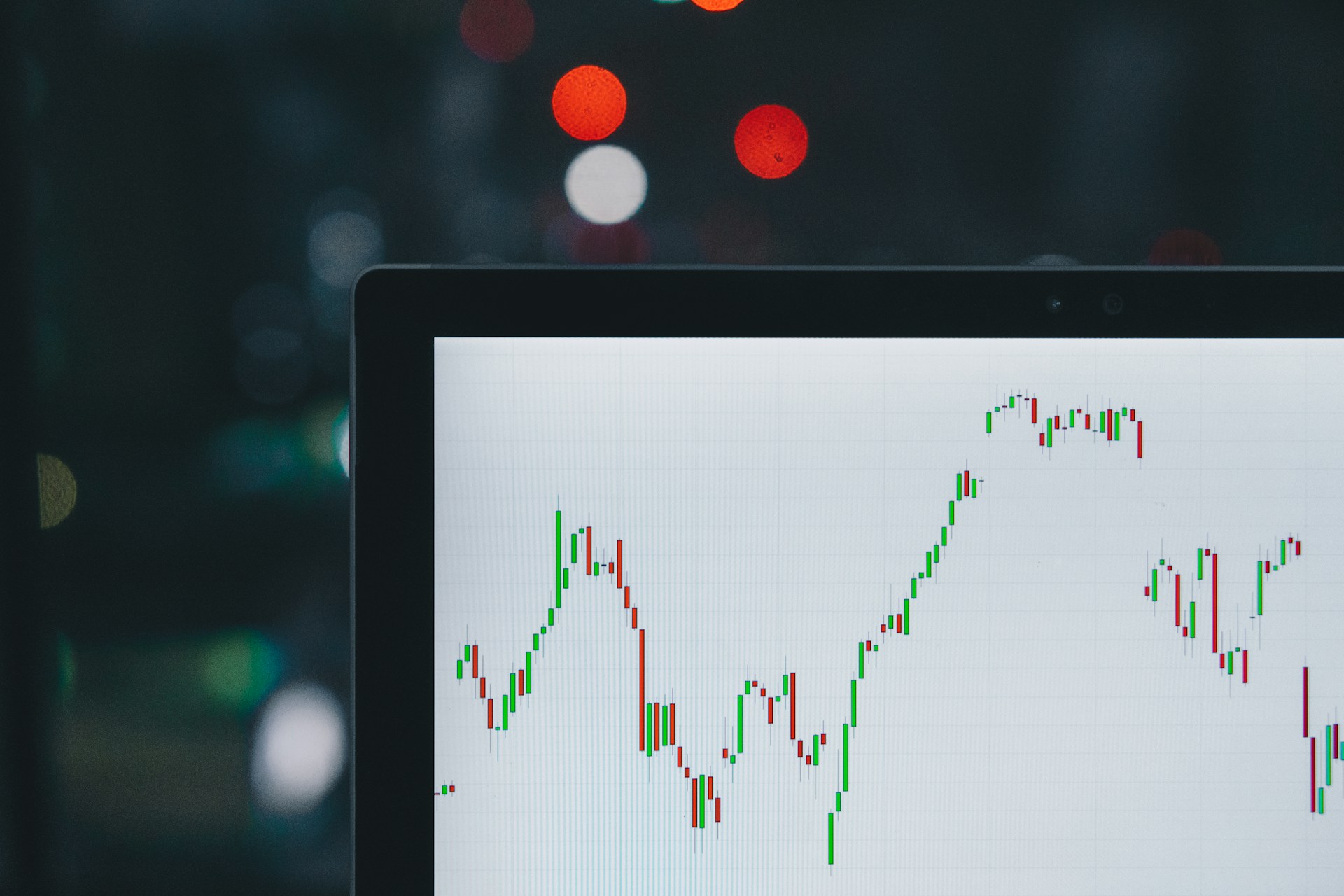Personal Finances
5
min read
Mortgage paid off: What happens now?

Amanda Gile
October 16, 2025

One of the best experiences for a homeowner is submitting their final mortgage payment. It's a significant financial milestone that offers a new sense of freedom. But there are new responsibilities that come with it, leaving many to ponder: What happens when you pay off your mortgage?
The answer involves taking practical steps to embrace full homeownership and revisiting your financial plans to account for the flexibility that comes with not having to pay a high monthly bill. Read on to learn more, including the benefits of paying off your mortgage early and next steps after the final payment.
{{key-takeaways}}
What does it mean to pay off your mortgage?
Purchasing a home is often one of the largest financial expenses people encounter — but it can also be an investment. The value of your home is considered an asset that contributes to your estimated wealth and can be borrowed against.
Once you make the final payment, you reach 100% home equity. This means you own your home outright and have no more monthly mortgage obligations. But there are still home-related expenses, such as property taxes, homeowners insurance, and repairs.
With such a large expense cleared from your monthly budget, it frees up cash you can put toward other financial needs and savings goals. For many, the next step is to plan out a financial strategy moving forward.
What documentation must be taken after paying off a mortgage?
After making that final payment, follow up with your lender and confirm ownership of your home and close out the loan. Here are the documents to keep an eye out for.
Canceled note
Mortgages are akin to promissory notes, outlining your pledge to repay the loan amount. Once you pay off your mortgage, your lender may send a canceled note or digital confirmation to confirm your debt has been satisfied. This also means they no longer have a claim against your property.
Payoff letter
A mortgage payoff letter details your final payment and confirms that your balance is zero. This should be stored in a safe place with your other financial records, as it may be required when you sell your house or refinance it in the future. Don’t rely on your lender to store your records since there’s no guarantee they’ll retain them.
Escrow refund
Escrow accounts enable your lender to use your funds to pay property (and school) taxes and insurance. If there is a remaining balance in your escrow account after your mortgage is paid, you’ll receive a refund. Your payoff letter will provide details of any amount you are owed.
Updated property deed
A mortgage is a lien on your property, and once you pay off this debt, the lender must release that claim. This occurs when your lender files a “deed of reconveyance” or “satisfaction of mortgage” with your local recorder's office to update the public record. While you won’t receive a new deed, it’s important to confirm the lien release appears in the public record to show full ownership.
What to do after paying off your mortgage
Eliminating your mortgage payment is a major accomplishment. Here are the steps to take to finalize ownership.
Update insurance
Mortgage lenders require homeowners insurance to protect their investment. But once the house is yours, it's time to reevaluate your current insurance policy to determine if it aligns with your goals. Shop around and compare rates offered by other providers to help save money. Some people opt to forgo insurance entirely, but caution is warranted, as it’s important to maintain some form of insurance to help protect your investment.
Notify the local tax authority
Lenders typically pay your insurance and property taxes with funds from your escrow account, but this responsibility falls on you once you hold the deed. Contact your local tax authority to update your billing address and confirm your payment schedule. If the option is available, consider setting up automatic payments to help avoid missing any deadlines and the penalties that come with it.
Consider annuities for long-term income planning
With the freed-up cash from not having a mortgage payment, you may want to explore investment options. Annuities can be an attractive choice for those looking to secure long-term income, especially if nearing or in retirement.
Gainbridge offers a suite of annuity products designed for these situations. With the option to make a one-time premium payment, you can turn savings into a reliable income stream in retirement.
Reallocate cash flow into retirement income
Retirement is a major financial concern and requires strategic planning to ensure you live out your days without the threat of insolvency.
Annuities, like those offered by Gainbridge, can provide a reliable long-term income stream in retirement and complement other investment options, like 401(k)s and IRAs. With your mortgage paid off, consider using that freed-up cash to explore annuities. It’s one of the few options that can provide a guaranteed income stream.
Should you pay off your mortgage early?
It’s appealing to think about paying off your mortgage early, but it doesn’t always make the most sense financially. Consider the pros and cons before you make a decision.
Pros
Here are the main benefits of paying off your mortgage early.
High cash reserves
Eliminating monthly payments gives you extra liquidity. Those extra funds can be used for emergencies or other financial goals. You can rest a bit easier when you’ve built a stronger safety net or accelerated wealth building.
Possibility to invest more
Making your money work for you is a key to generating wealth and income. Your newly available capital can be directed towards investments like stocks, bonds, or annuities like those offered by Gainbridge. This could help you secure income in retirement and leave more behind for your beneficiaries.
Cons
There are also downsides to paying off your mortgage. Here are the main disadvantages.
Ultra-low mortgage rates
Mortgage rates between 2012 and 2021 were historically low — at times offering home buyers 30-year loans below 3%. With certain investment options offering a higher rate of return, paying off your mortgage means missing out on these opportunities and the potential for wealth building.
Tax advantages
Mortgage interest is often tax-deductible, offering a write-off opportunity. Paying off your mortgage early means forfeiting that deduction. This could increase your taxable income, potentially pushing you into a higher tax bracket or reducing your eligibility for certain credits.
Better uses for cash
Paying off your loan with a lump sum takes away your ability to use those funds for other priorities, such as establishing an emergency fund, investing for retirement, or paying off other high-interest debt. Consider the opportunity cost of paying off your mortgage early before making your decision.
{{inline-cta}}
How long does it take to pay off a mortgage?
Paying off your mortgage depends on your loan term, interest rate, and monthly payment. Standard mortgage terms are typically 15, 20, or 30 years. The longer the loan term, typically the lower your monthly payment, but it can increase the amount of total interest owed.
Here are some strategies for how to pay off your mortgage early without making a large, lump-sum payment:
- Bi-weekly payments: Pay half of your monthly payment every two weeks. This results in 13 full payments per year, which can decrease the length of your loan term and interest expense.
- Round up monthly payments: Adding even small amounts to your monthly payments can reduce your loan term by years.
- Apply windfalls: Use bonuses, tax refunds, or other unexpected income to help pay down your mortgage faster.
Explore your retirement income options with Gainbridge
Paying off your mortgage is a milestone to be celebrated and grants you a new level of financial freedom. Once the process is finalized, typically the next step is redirecting your extra cash flow. Options to consider include building an emergency fund, paying off other debt, and growing your investment portfolio.
For those looking to put their extra cash toward a more secure retirement, annuities can be an attractive option, offering a way to secure a steady income in your golden years. Explore Gainbridge today to see how an annuity can complement your investment portfolio and help you achieve your financial goals.
This article is intended for informational purposes only. It is not intended to provide, and should not be interpreted as, individualized investment, legal, or tax advice. For advice concerning your own situation please contact the appropriate professional. The GainbridgeⓇ digital platform provides informational and educational resources intended only for self-directed purposes.
Maximize your financial potential
with Gainbridge
Start saving with Gainbridge’s innovative, fee-free platform. Skip the middleman and access annuities directly from the insurance carrier. With our competitive APY rates and tax-deferred accounts, you’ll grow your money faster than ever.
Learn how annuities can contribute to your savings.

Individual licensed agents associated with Gainbridge® are available to provide customer assistance related to the application process and provide factual information on the annuity contracts, but in keeping with the self-directed nature of the Gainbridge® Digital Platform, the Gainbridge® agents will not provide insurance or investment advice

Explore different terms and rates
See how your money can grow with Gainbridge
Try our growth calculator to see your fixed return before you invest.







